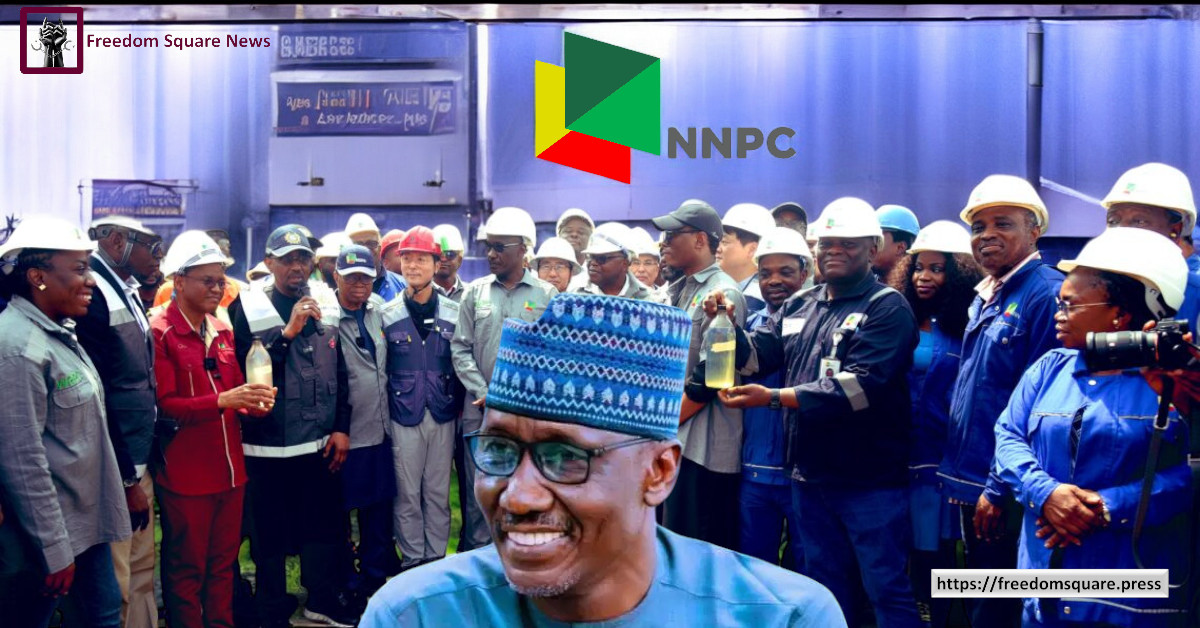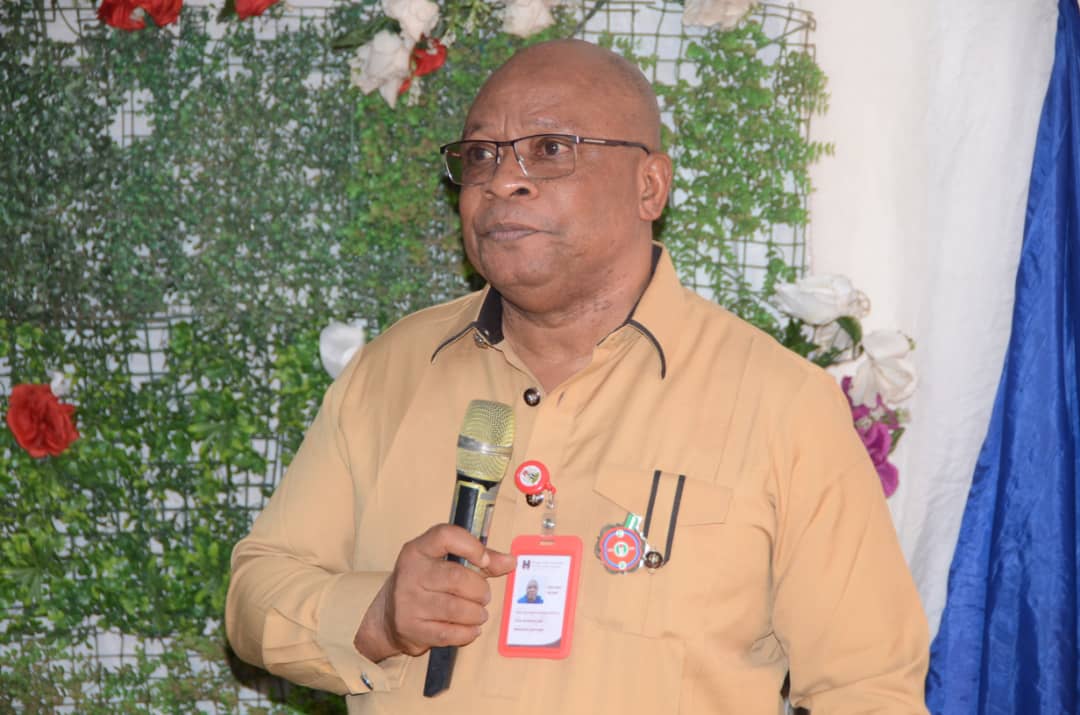The Federal Government of Nigeria has successfully engaged the World Bank to secure $50 million in funding aimed at supporting state governments in installing pilot solar plants and upgrading critical infrastructure across the country.
Finance Minister and Coordinating Minister of the Economy, Wale Edun, met with a World Bank representative in Abuja on Monday to discuss this significant initiative.
The meeting, attended by Ms. Olu Verheijen, Special Advisor to the President on Energy, and Dr. Ndiamé Diop, Country Director for Nigeria, focused on advancing Nigeria’s power industry through innovative strategies and collaborative projects.
According to a statement from Mohammed Manga, Director of Information and Public Relations at the Finance Ministry, the discussions centered on key World Bank-supported initiatives such as the Distribution Sector Recovery Programme and the Power Sector Recovery Operation. These programs are designed to strengthen Nigeria’s power distribution and management frameworks, fostering economic development and prosperity.
Minister Edun highlighted that the funding would facilitate the deployment of 3.5 million prepaid meters, improving power distribution efficiency and supporting market reforms and tariff frameworks. Additionally, the funding will co-finance the Transmission Company of Nigeria’s Performance Improvement Plan, aimed at enhancing transmission infrastructure across the nation.
“This initiative underscores the Federal Government’s commitment to driving economic growth and development by bolstering investments in the power sector,” stated Minister Edun. He emphasized that the collaboration with the World Bank aligns with President Bola Tinubu’s administration’s Renewed Hope Agenda, which prioritizes strengthening Nigeria’s energy access and infrastructure.
The statement further elaborated that the partnership aims not only to enhance energy access and economic growth but also to stimulate job creation and alleviate poverty nationwide.
In recent years, Nigeria has been a significant recipient of multilateral loans from institutions like the World Bank, reflecting ongoing efforts to support the country’s development across various sectors including infrastructure, education, healthcare, and environmental sustainability.
As the collaboration progresses, both the Federal Government and the World Bank reaffirmed their commitment to working together to achieve these transformative goals, benefitting all Nigerians and contributing to sustainable development in the region.



